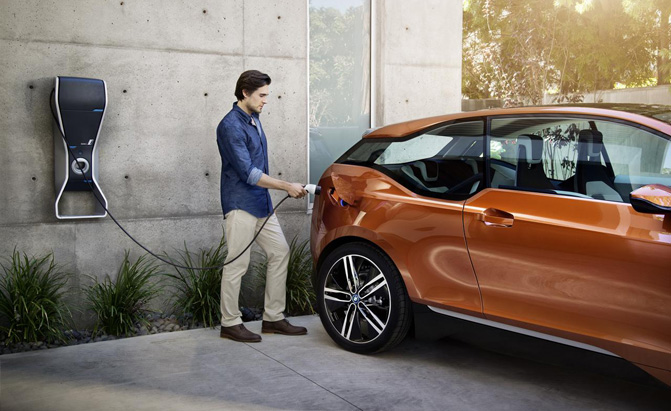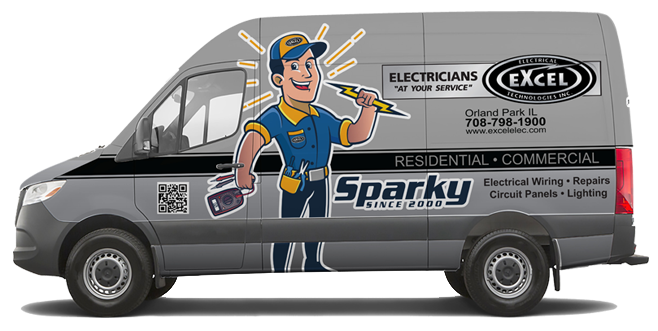
What to Consider Before Installing an EV Charger at Home
By: hemant
Switching from a traditional gas-powered car to an electric vehicle is one of the best ways to reduce your carbon footprint and make a positive impact on the environment. But you’ll need a place to charge your new environmentally-friendly wheels. Sure, public charging stations have become increasingly more common, but they don’t offer the comfort and convenience that comes with an at-home EV charging station.
Before you take the steps to have one installed at your home, keep these important considerations in mind:
State and Local Requirements
Some states and municipalities require a homeowner to obtain a permit before installing an EV charging station, so check with yours prior to beginning any construction. Also, check if your state or local government offers any tax breaks or incentives.
Differences Between Chargers
Before selecting a charger, consider the type of car you own (or plan to) and your lifestyle. Be sure to check the vehicle manual to determine the type of charger you’ll need. EV charging levels are based on estimated usage.
- Level One chargers are ideal for those who make short, infrequent trips. If you don’t typically travel more than 25 miles in a single day, a Level One charger should suffice. Most Level One chargers use 120 volts of electricity.
- Level Two chargers are for individuals who make longer or more frequent trips most days. Typical Level Two chargers use 240 volts of electricity.
Electrical Capacity
Not all homes are built to current electrical safety standards, such as having proper electrical outlets in the garage or along the exterior of a home. Additionally, you’ll need to know how much electricity your home can handle at any given time to avoid overloading the electrical panel. An overloaded panel can cause damage to sensitive devices and can even lead to an increased risk of electrocution and fire. You should also determine the capacity of your vehicle to avoid sending too much voltage to the vehicle and triggering the circuit breaker.
When to Call a Pro
To ensure that your home can safely accommodate an EV charger and determine what, if any, electrical modifications are required, contact Excel Electric – your trusted resource for home electrical wiring. For questions about your home electrical needs, including EV charging, contact us today.






